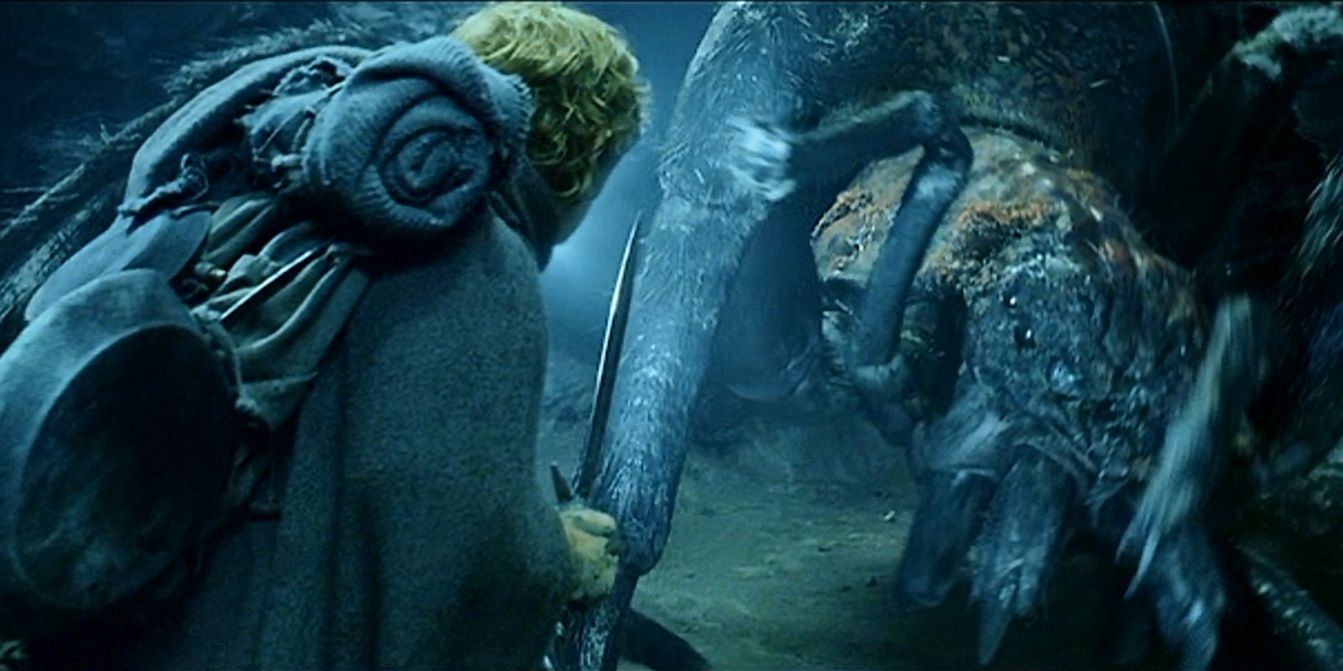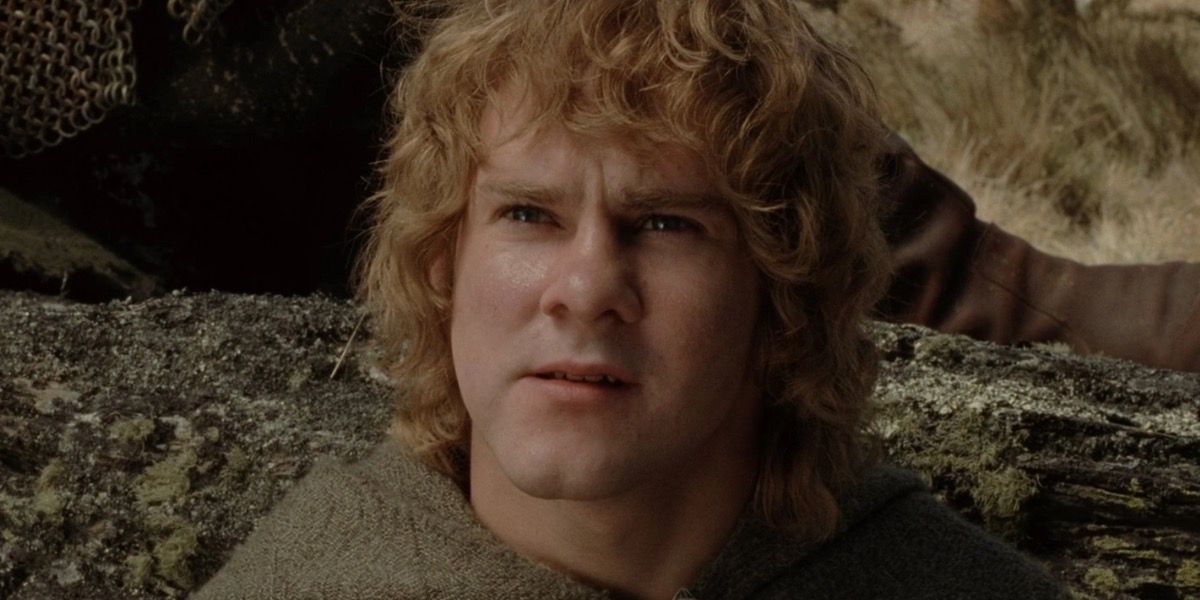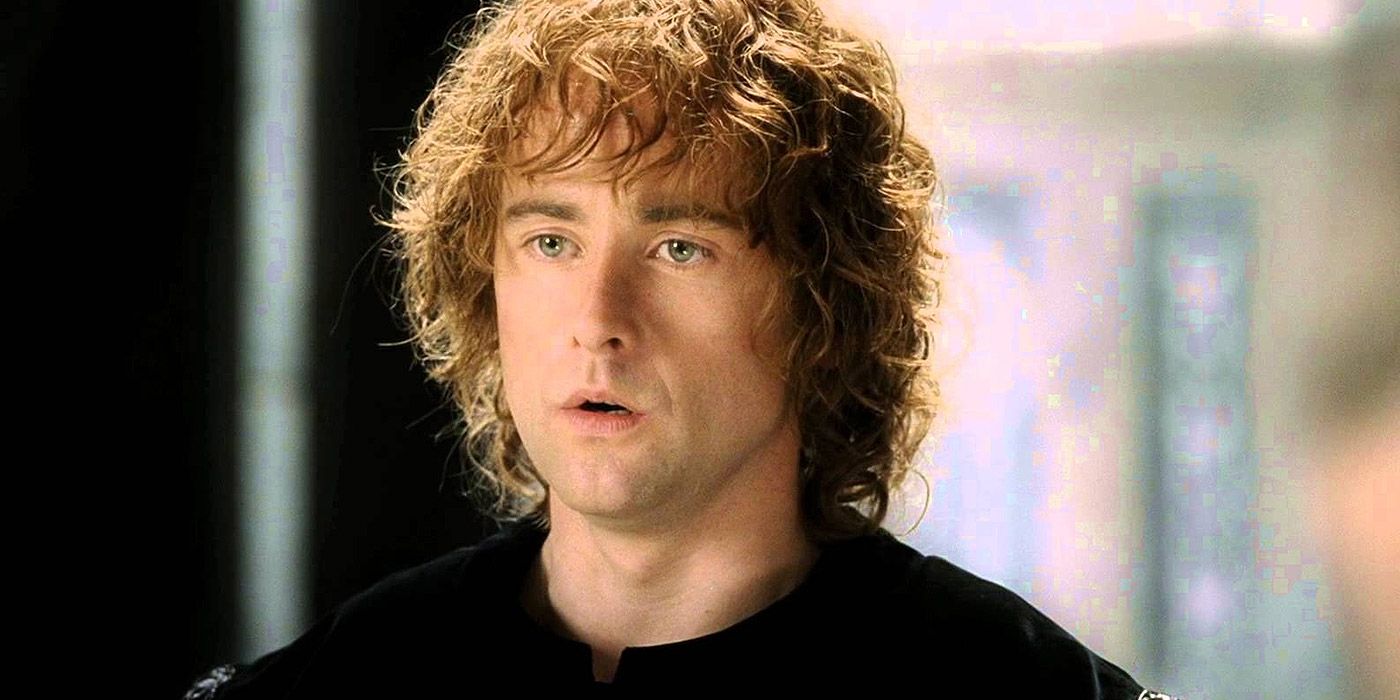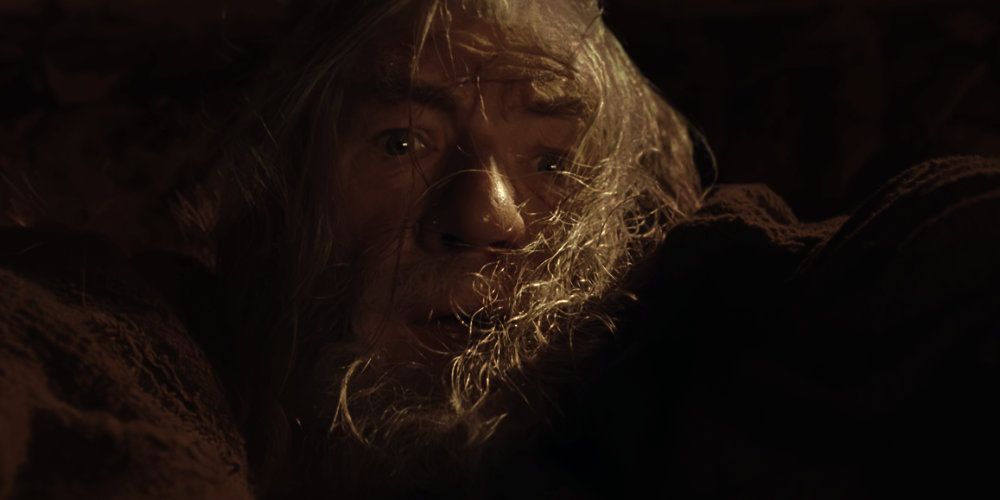Now that the first season of the Prime Video series, The Rings of Power, has come to a close, audiences can begin to analyze the various characters and their choices so far. Nori has now set off with The Stranger for adventures unknown. Elrond maintained his integrity and friendship with Durin IV and still managed to save the Elven race. Galadriel sacrificed her brother's dagger to help forge the Three Elven Rings. So far, the characters are off to a good start.
Likely, audiences will see many good and bad decisions from these characters in seasons to come since these often introduce conflict to a plot. This was the case in the series' predecessor, Lord of the Rings, where members of the Fellowship of the Ring were each faced with hard choices. Gandalf, Aragorn, Frodo, and even Sam had moments of questionable judgment, ultimately affecting their stories (for better or worse).
Gandalf's Decision To Leave Frodo With The Ring
Gandalf is popular in Lord of the Rings because of his quirky wisdom. He has a god-like quality that makes him always appear to know what is going on, but the proof that he can make mistakes gives him a more human quality that audiences can relate to.
His first big mistake was leaving Frodo behind with the Ring while he sought counsel with Saruman. Of course, he had no reason to distrust his old friend when he left, but knowing that the Ring had mysterious power should have indicated that it wasn't safe to leave it unprotected with someone he cared so much about.
Aragorn's Decision To Let Frodo Go Alone Into The Woods
While Aragorn was only a wandering ranger when Frodo met him, he had a kingly quality that made him impossible not to trust. Clearly, he genuinely cared for the hobbits, and this only further solidified Aragorn's vow of allegiance to Frodo.
Aragorn successfully protected Frodo from various beasts, but he let his guard down and allowed the Ring-bearer to go alone into the forest to gather wood. This is where Boromir finally loses control and nearly kills the hobbit, which could have all been avoided if Aragorn had never let Frodo out of his sight.
Legolas' Decision To Antagonize Gimli
Generations of conflict between the Elves and Dwarves meant that Legolas and Gimli were unlikely ever to forge a friendship. They might have both devoted themselves to Frodo's protection, but the dwarf did this primarily because he didn't trust an elf for the task.
Still, these generational disagreements could have significantly impacted the Fellowship's goals, so Legolas would have been wise to leave them behind and focus on the task at hand. Instead, he chose to insult the Gimli around every corner, cursing his stubbornness and insulting his intelligence. Their shared adventures eventually made them friends, but it was ultimately despite his reckless insults.
Gimli's Decision To Ask Galadriel For Strands Of Her Hair
Lord of the Rings fans have been learning more about Galadriel's history in Rings of Power, but the show has yet to touch on the significance of her hair. The Silmarillion describes how Fëanor, the creator of the Silmarils, had three times requested a strand of Galadriel's hair since it seemed to shine with the light of the Two Trees of Valinor. But she refused him.
When Gimli asks her for a strand of hair as a gift in Fellowship of the Ring, he does not understand how significant of an ask it is. Even without this knowledge, however, it was a highly personal request for such an elf, and many would have called it inadvisable. As questionable as his choice was, it paid off in the end, and Galadriel gifted three hairs to create a bond between the two races forever.
Boromir's Decision To Attack Frodo
From the moment Boromir saw the One Ring, he wished to use it to defend his people. Despite Elrond and Gandalf's explanation that this could not be done, the temptation had already settled on his heart, and it would only fester and grow from there.
Boromir would never have harmed the hobbits in his right mind, Frodo especially. But, the Ring's influence proved too strong for him to fight. He could hardly be blamed for his choice to attack Frodo, but Boromir had to pay the consequences.
Frodo's Decision To Volunteer To Take The Ring To Mordor
No one else could have successfully taken the Ring to Mordor and seen it destroyed, and even Frodo wasn't successful in completing the task on his own. No being would likely have been strong enough to throw the Ring into the fire willingly, and it was only thanks to Gollum's stumble that it was destroyed.
When he arrived in Rivendell, Frodo had already carried the Ring long enough to understand this. Watching the Council of Elrond fight over the object told him all he needed to know. He understood that the trip would take his life, which made his decision to volunteer questionable. Still, if he hadn't done it, Sauron would have likely claimed the Ring in the end.
Sam's Decision To Leave Frodo's Body For Orcs To Take
Sam's quotes in Lord of the Rings are among the most wholesome and inspiring, and they often reveal him to be the true hero of the series. Every decision he made was for the better of the people around him. He was entirely selfless and, in many ways, blameless.
However, one poor decision that Sam would never forgive himself for is leaving Frodo's body behind when he believed him dead. Even if it hadn't been that his companion was only paralyzed, he could have moved his body to a more secluded spot, even just so that the orcs didn't know that Mordor had been infiltrated.
Merry's Decision To Go With Frodo And Sam
There are several differences between Merry's character in the Lord of the Rings books and movies. In J.R.R. Tolkien's original works, Merry helped Frodo get his affairs in order before he set off and was clever enough to figure out on his own about the Ring and its power. When he decided to accompany Frodo, it came as no surprise.
In the movies, however, it makes little sense that mischievous Merry would choose to go on a dangerous quest on a whim. He (very literally) just ran into Frodo and Sam while robbing a farmer and suddenly decided to go along, even past Rivendell. It just seems like a poor decision for such an irresponsible character.
Pippin's Decision To Drop A Stone Down The Well In Moria
Pippin is summed up in The Lord of the Rings by his innocent, curious nature. This is true for both the books and the movies, but Pippin's curiosity gets him in a little more trouble in the former. While he only accidentally knocked a skeleton in a well within Moria in the Fellowship of the Ring movie, he purposely drops a stone down it in the book.
He had only been intrigued by the dark hole and dropped the stone to gauge its depth. However, considering the dangers that Gandalf had expressed about the deepest reaches of the mines, it seems even he might have been more careful. Gandalf was ultimately right to call him a "fool of a Took."
Gandalf's Decision To Let Himself Fall In Moria
The Balrog in the Fellowship of the Ring book was described to be considerably smaller than its movie counterpart, with the dark form only being the size of a man. So, when it used its whip to catch itself on Gandalf's ankle, it made sense that Gandalf would have let go of the ledge rather than have his companions come pull him up— it would have only put them in danger.
However, in the film, the massive Balrog could not have saved itself from hanging from Gandalf, and its whip released the wizard as soon as he had fallen. Therefore, the beast is already far out of reach when Gandalf tells the rest of the Fellowship to "fly" rather than come help him. Sure, Gandalf could never have returned as Gandalf the White if he hadn't fallen, but it still seemed like a questionable choice without the circumstances of the book.

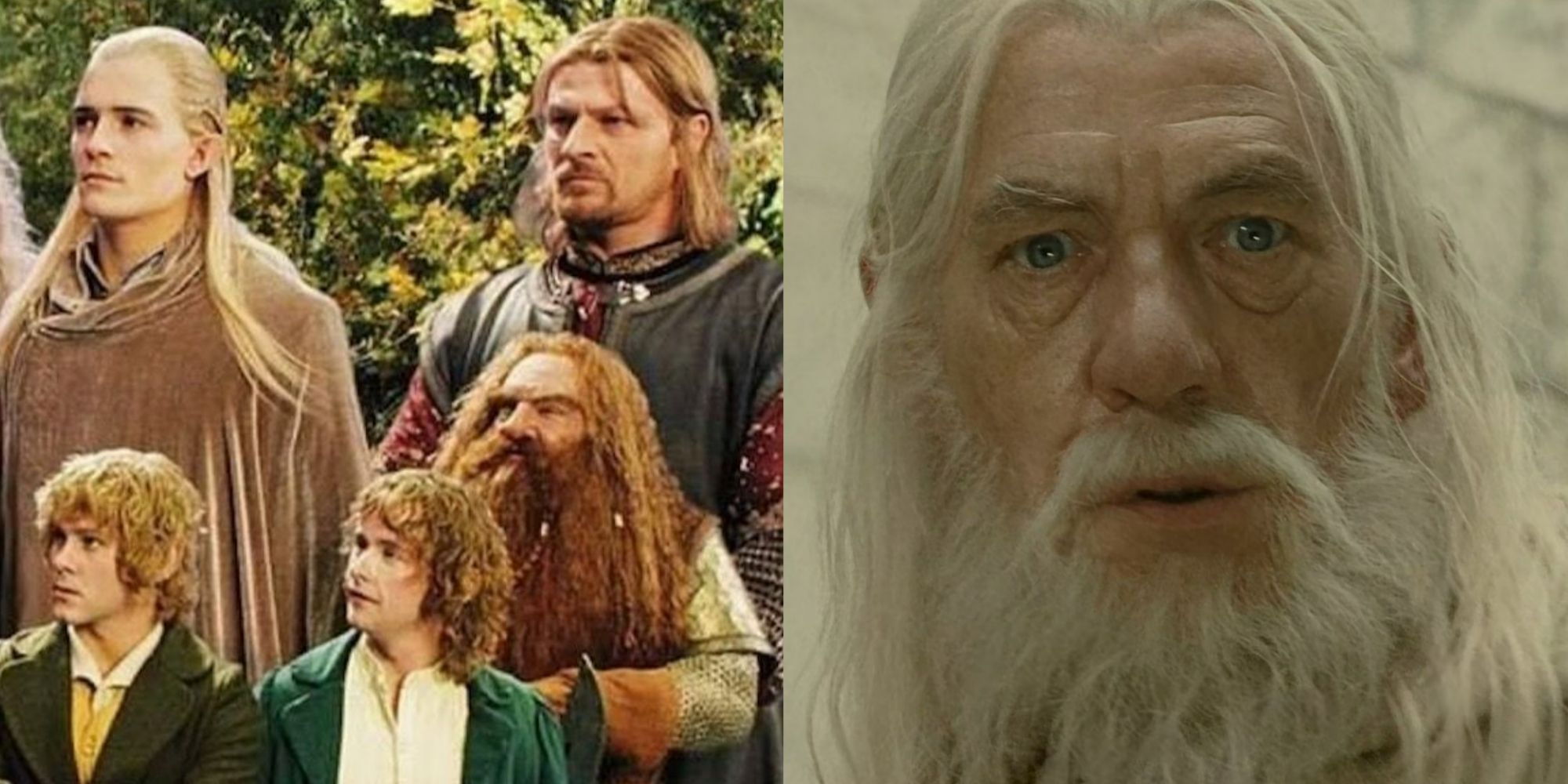
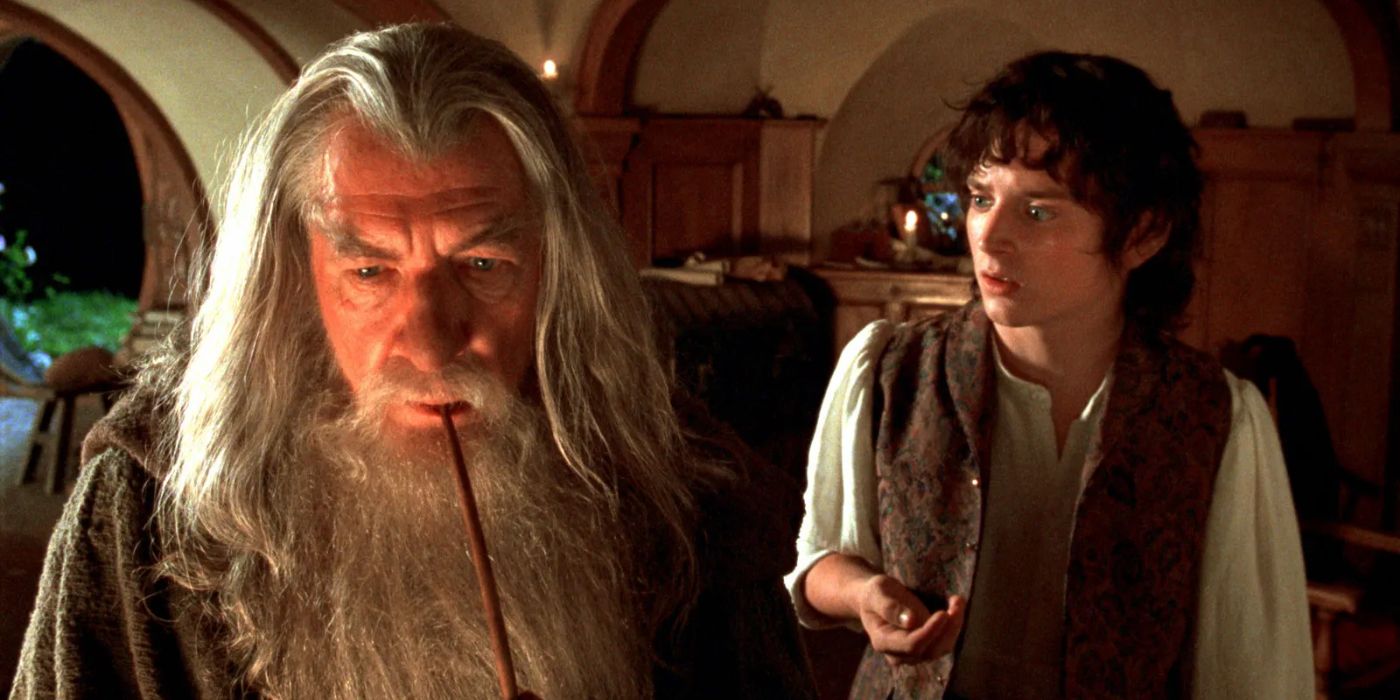
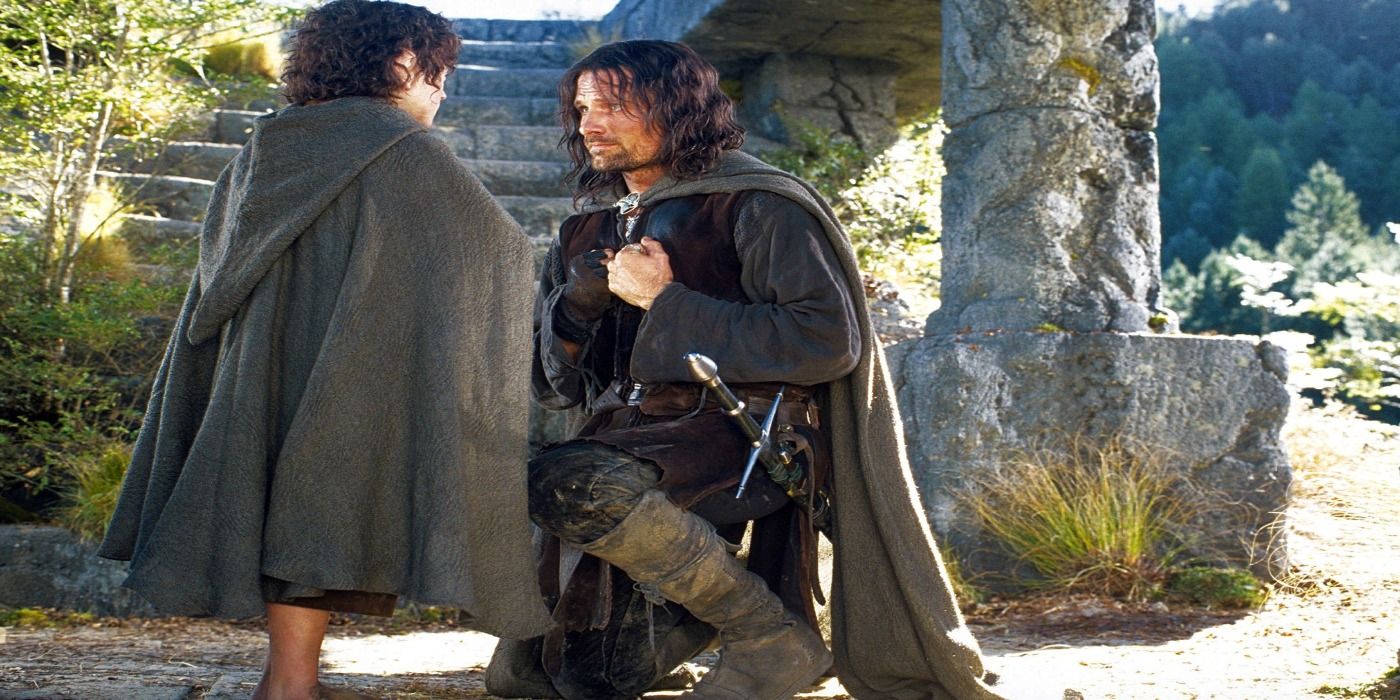
.jpg)
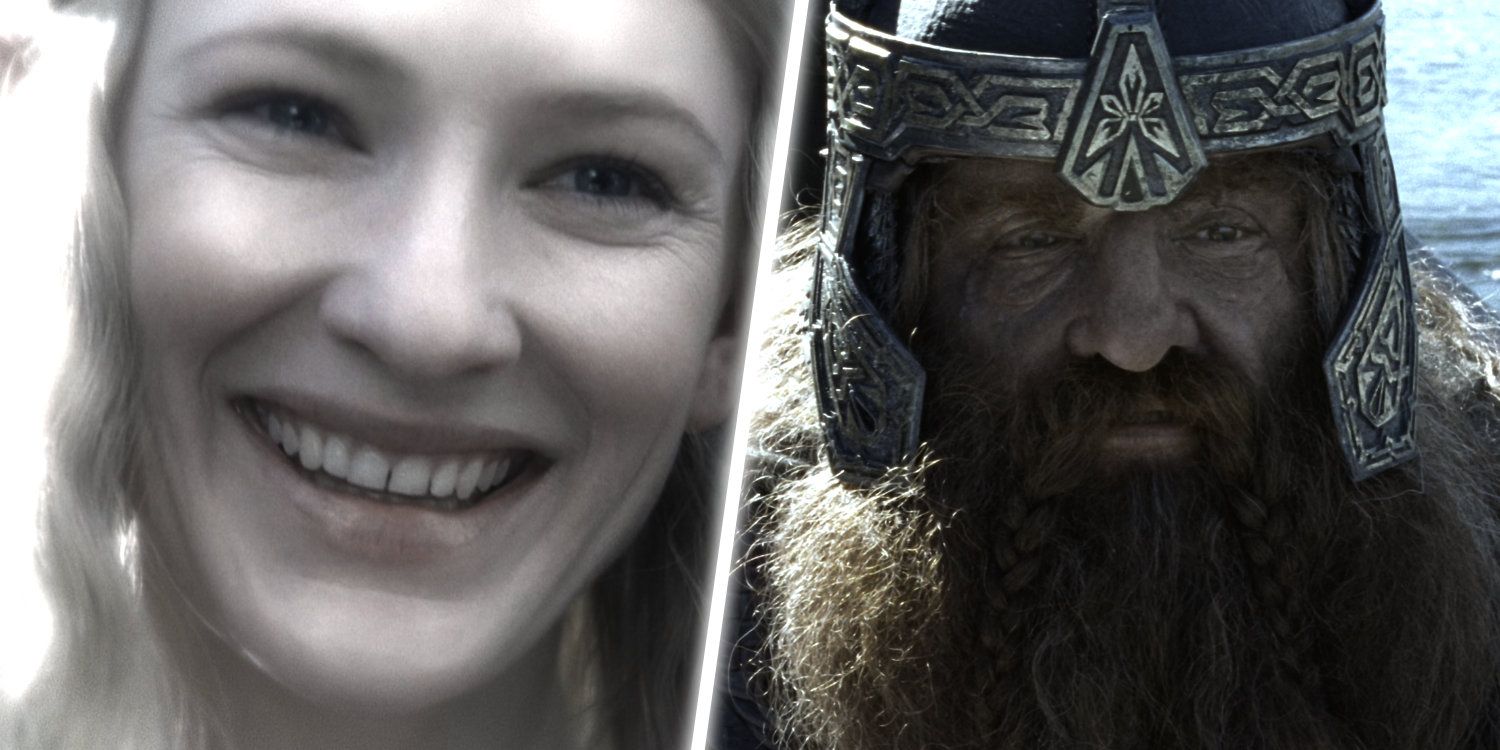
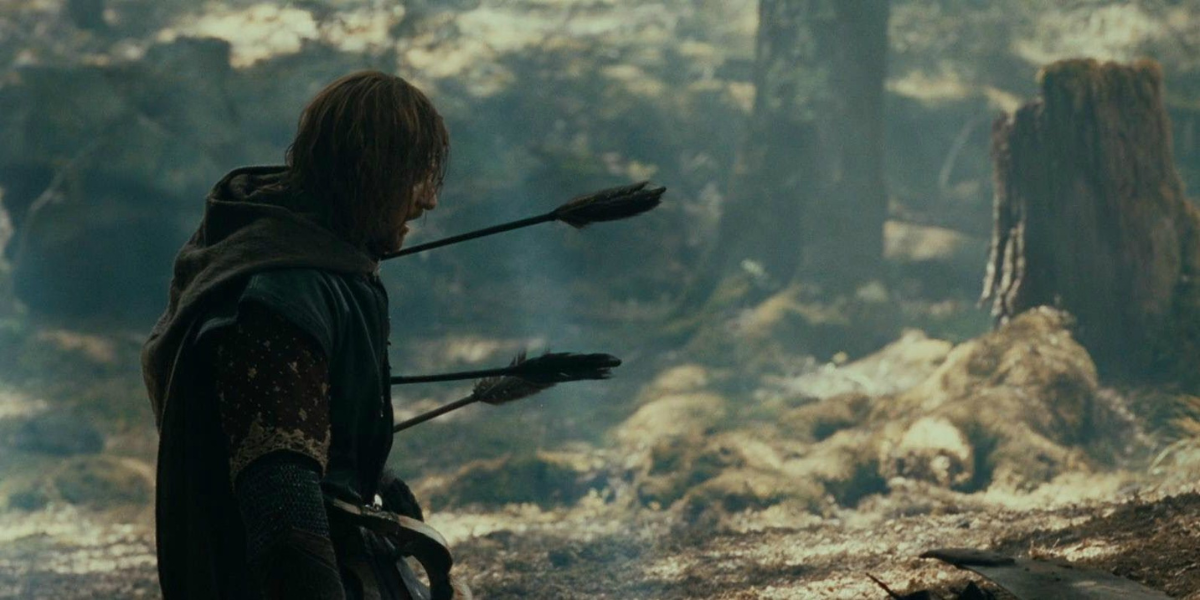
.jpg)
